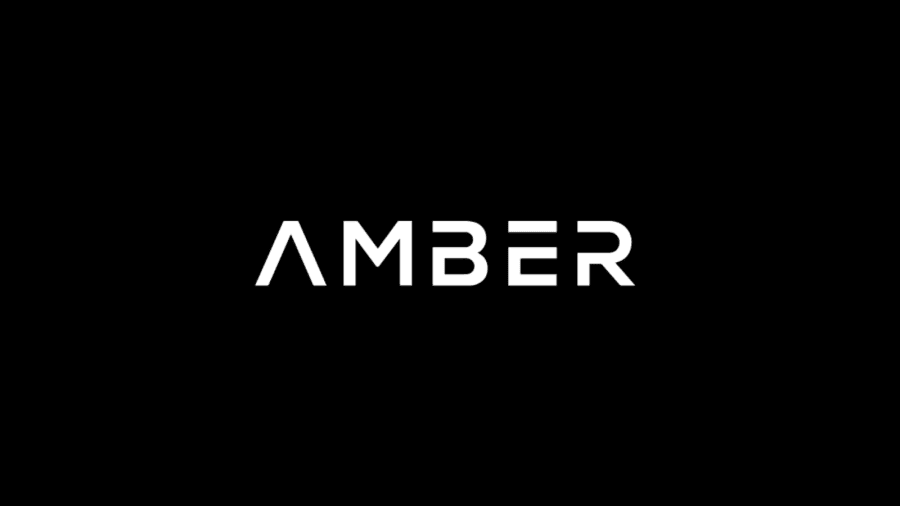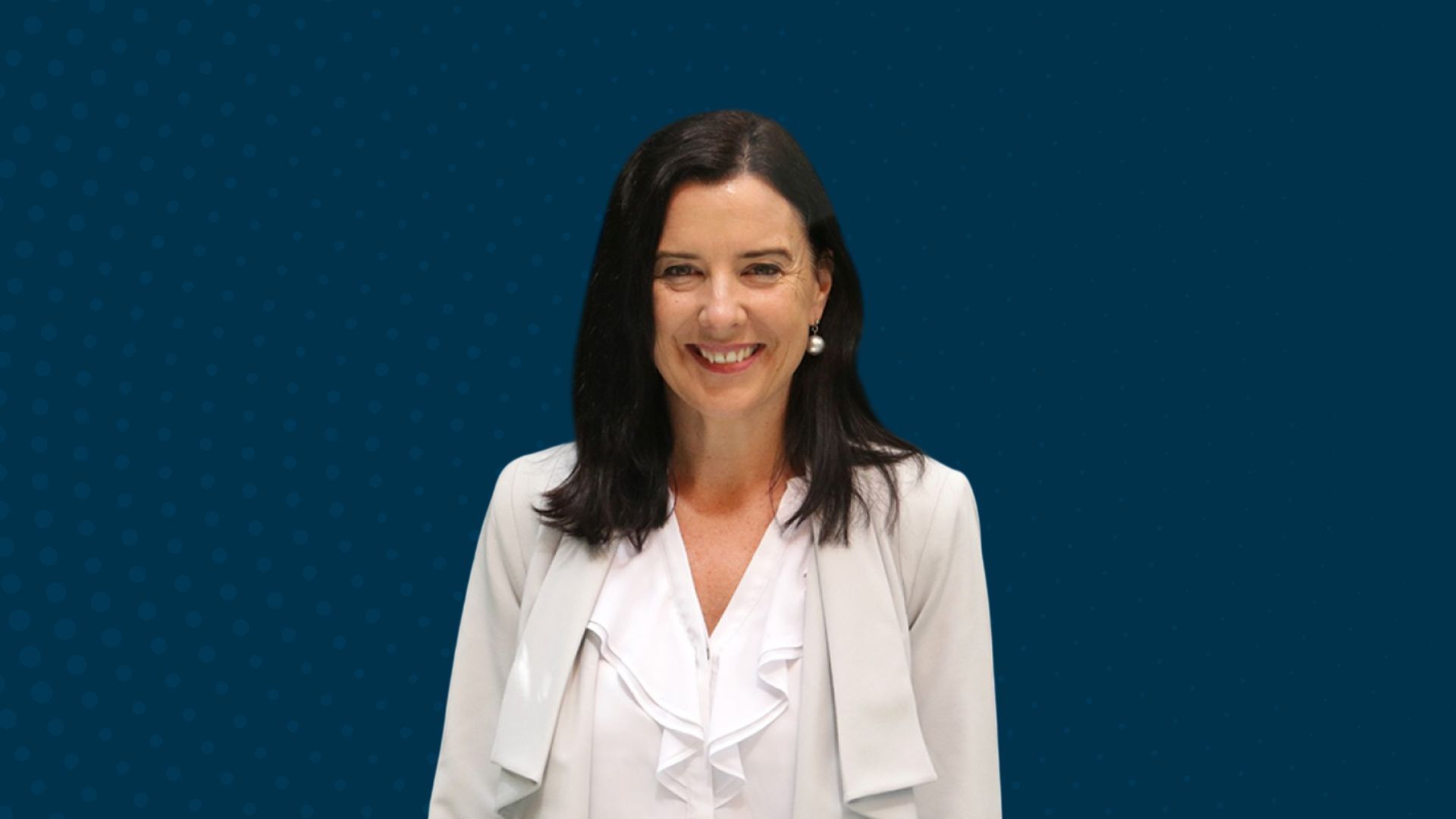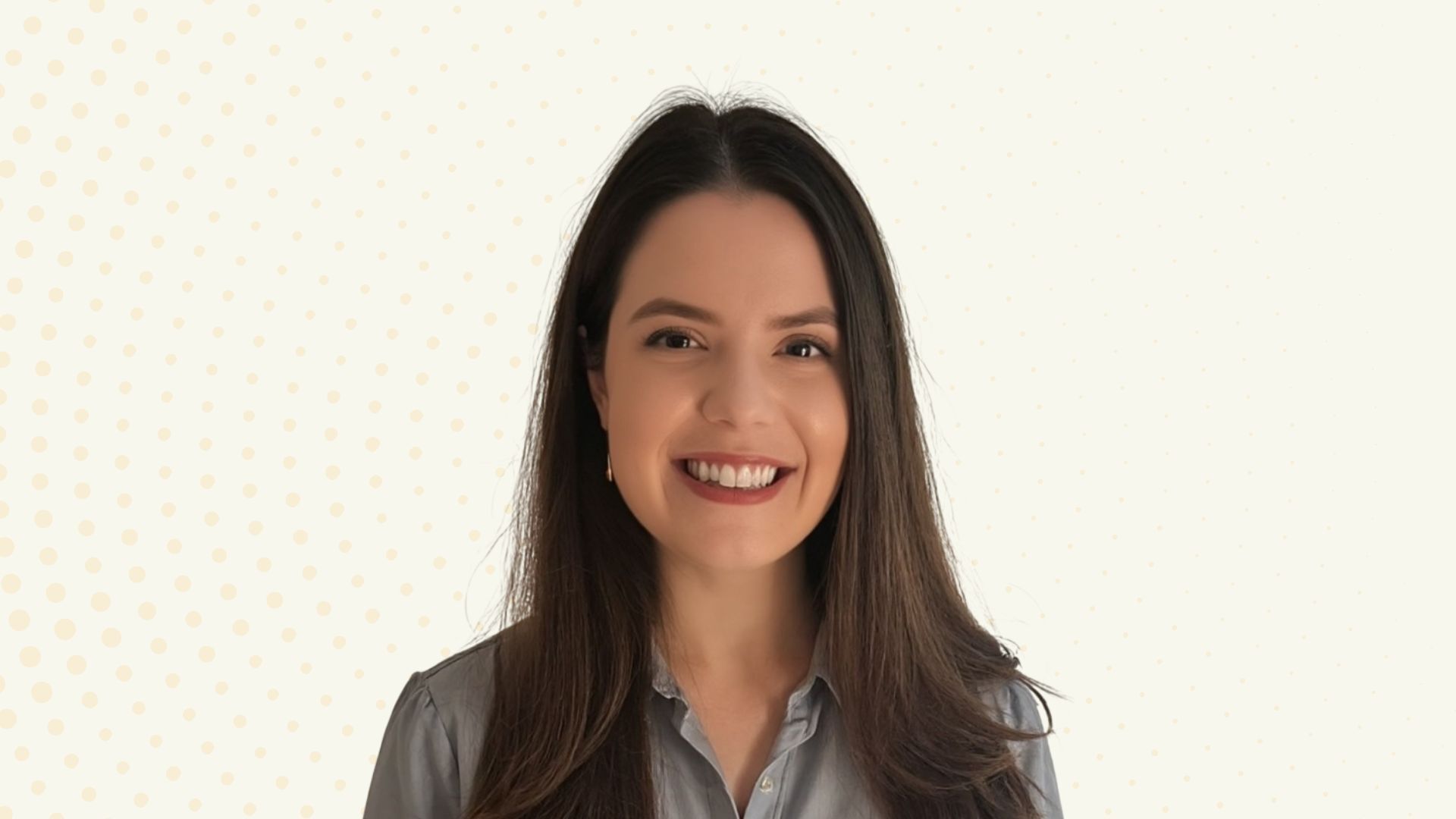Jenny Chan has moved in-house as Marketing and Public Relations Manager at Amber Group. Based in Hong Kong, she joined the digital asset company after most recently working as a freelance marketing and public relations consultant, specialising in FinTech projects.
Prior to this, Jenny spent three years at Weber Shandwick, where she developed her experience with government clients and key consumer brands, including Samsung.



-2.png)